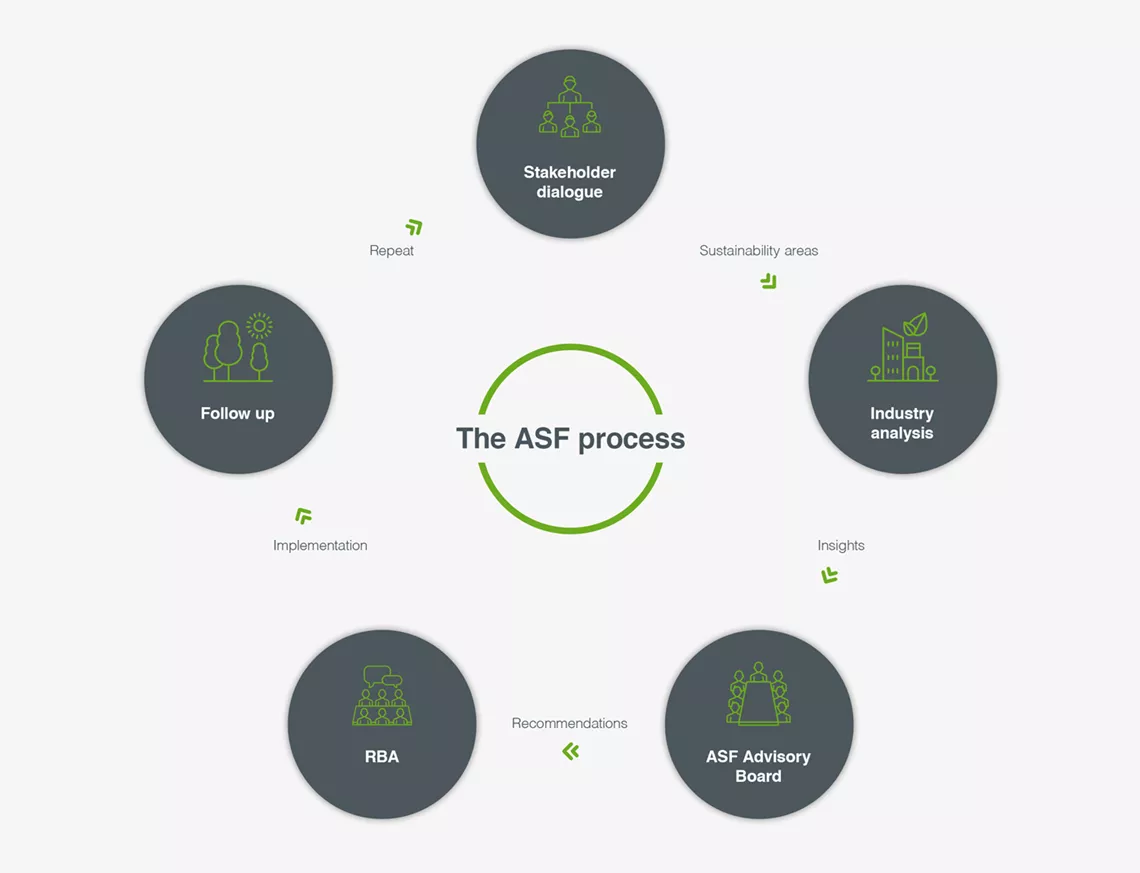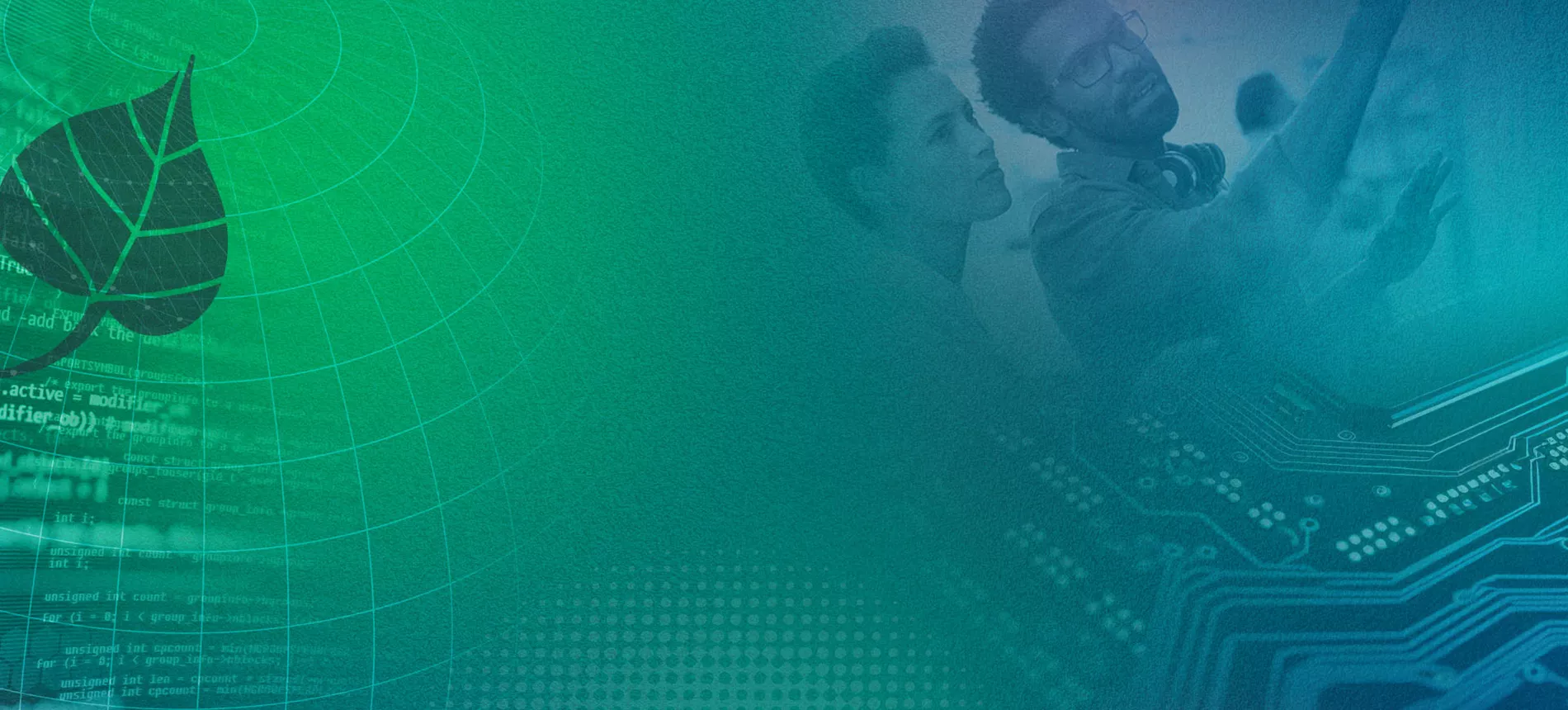
The 2024 ASF report is here
Scaling impact
It has been seven years since we started Atea Sustainability Focus. What is the impact of our efforts? And how can we scale it?
The report shows that good things have happened – but as pockets of best practice.
The Nordic IT buyers want to see new, bold approaches:
- increased collaboration among manufacturers to support suppliers further down the chain
- more focus on incentives and less on checking compliance
- platforms for sharing information
- goal and incentive structures that promote sustainability
- sharper sustainability requirements in procurement
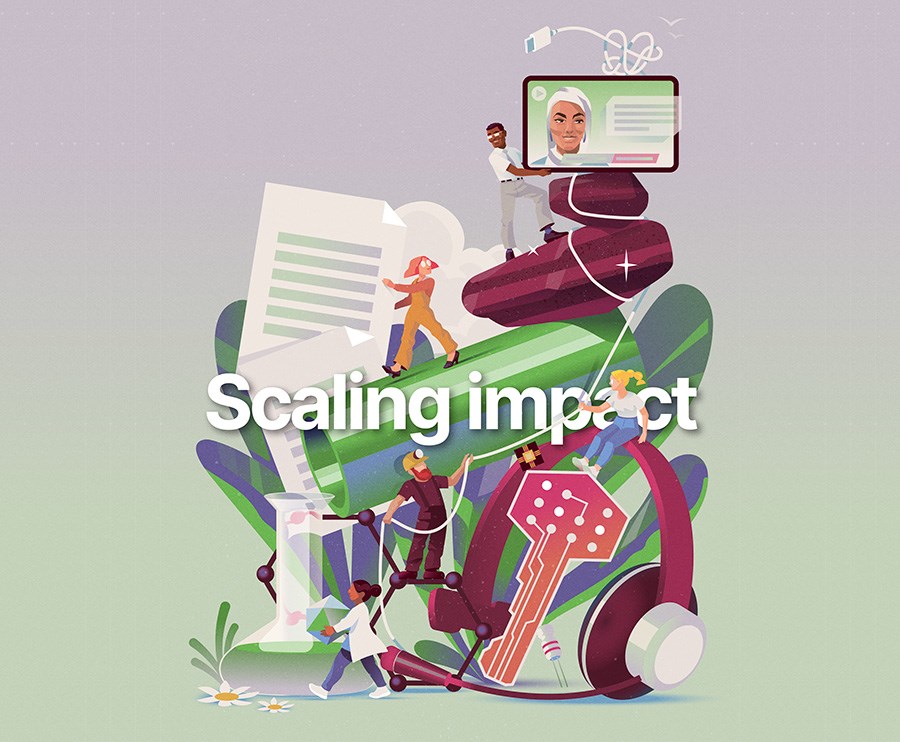
Atea Sustainability Focus unites the voice of Nordic IT buyers. Answer our survey and you will make an important contribution to a more sustainable IT industry. It only takes five minutes!

Be a leader for change!
We are a group of engaged IT buyers who want to create positive change in the IT industry. We believe the way to do it is to unite behind a set of sustainability principles that already guide our own organizations, and apply them to the IT that we buy. Quite simply, take leadership, use our buying power, and let sustainability guide our decisions.
It’s more than walking the talk. It’s about creating a march.
Leadership for changeSustainability is all about the power of together.
About Atea Sustainability Focus
Atea Sustainability Focus (ASF) is a network of Nordic IT buyers that gives them a combined voice to contribute to increasing the global IT industry’s sustainability. Since the global IT industry considers Nordic buyers to be among the most progressive and ambitious when it comes to sustainability, this is an opportunity to use your influence to accelerate the sustainability work of the industry.
As part of ASF, an Advisory Board has also been established that on an annual basis considers, selects and provides a number of concrete Nordic recommendations from the Nordic IT buyers directly to the management of Responsible Business Alliance (RBA) that, with 140 members, 6 million employees and thousands of subsuppliers, is the world’s leading coalition for sustainability in the IT industry.
By you, for you
The foundation of Atea Sustainability Focus is the annual dialogue with Nordic IT buyers. The purpose is to identify the most pressing sustainability issues for the industry, but also to increase the understanding of how sustainability is prioritized in procurement of IT.
Only a third sets "tough" sustainability requirements
In the latest survey, the typical respondent was an IT decision-maker from a large organization. This is important as it suggests that those who responded are people with potentially great influence. 12 and 9 percent of those who responded work with sustainability or purchasing.
On a scale 1 to 5, the average prioritization of sustainability is 3.8. Yet only a third set advanced sustainability requirements with award criteria and contract clauses.
Respondents say that implementing a strategy for sustainable IT is the most important thing they can do to contribute to more sustainable IT. 33 percent say they already have one in place today. Quite interesting is that respondents don’t seem to value reused equipment and product as a service as a contribution to more sustainable IT; however all of that can be included in a strategy.
Sharper requirements needed
In a review of tender requests that were made for the latest report, we could see that IT buyers often set vague requirements where the suppliers are asked to describe how they work with a certain issue. This makes evaluation more complex, and it is also difficult for the suppliers to assess how well they meet the requirements. More concrete requirements that can be verified, such as science-based targets, emission reductions, and harmonization with international instruments could increase the impact of the requirements.
Members of the ASF Advisory Board
Maria Faergemann Eg
Sustainable procurement manager, Nordea
Josefin Levander
Sustainable IT, City of Malmö
Cristian Brolin
CDO, Södra Skogsägarna
Monica Bhattacharya,
IT project manager, Northvolt
Annika Ramsköld
Head of Sustainability, Vattenfall
Ylva Svedenmark
Sustainability Strategist, Adda
Thomas Briggman
Sustainability leader, Ikea
Tom-Kenneth Fossheim,
Global IT Director, StormGeo
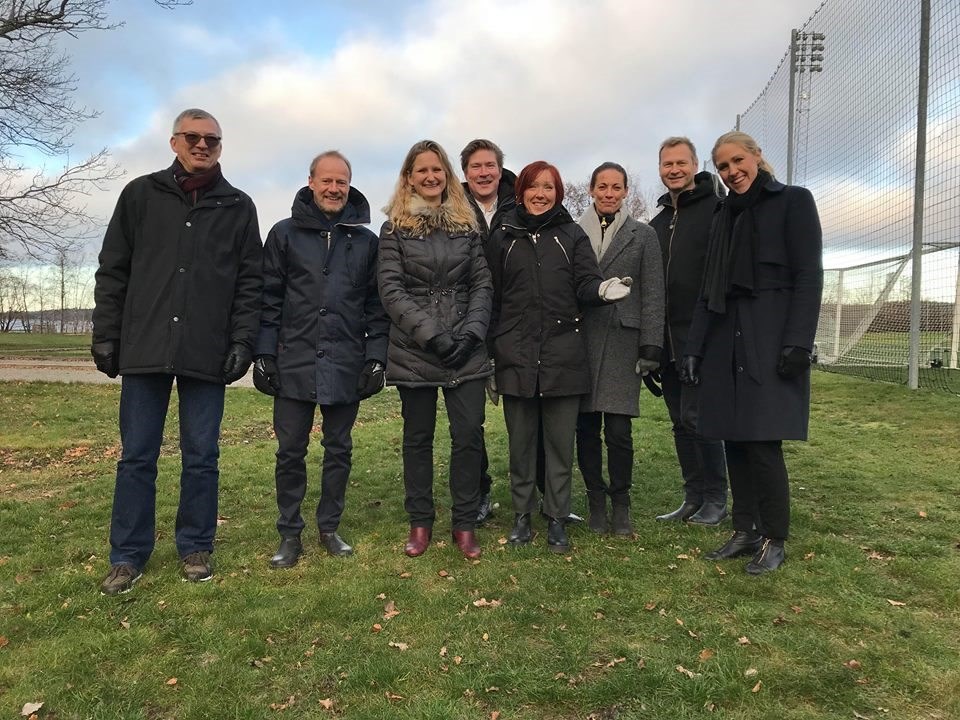
Members of the ASF Advisory Board
What is the process?
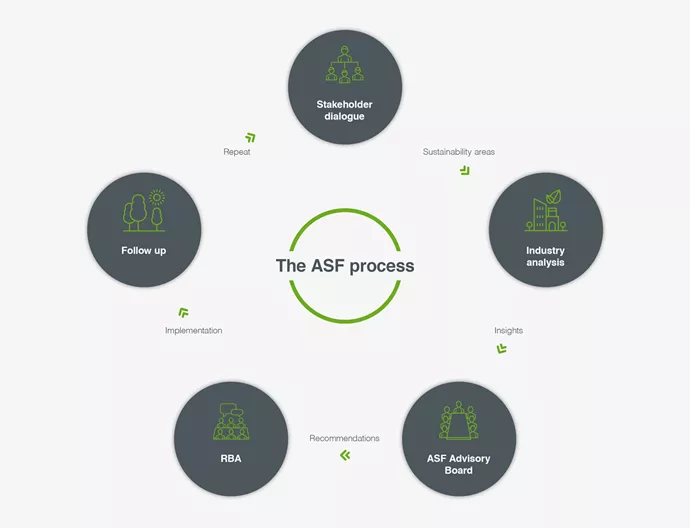
Download the Atea Sustainability Focus reports
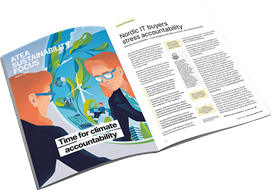
Recommendations to the inudstry:
These are the messages from the Nordic IT buyers who, in this year's ASF report, demand climate responsibility – from the IT industry but also from themselves.
This means:
- Making real progress and demonstrating it
- Focus on the measures with the greatest impact
- Access to robust data and fighting greenwashing
- Procurement requirements that are aligned with necessary emission reductions
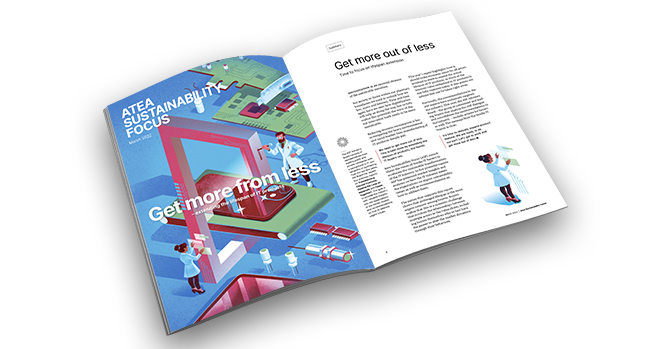
Recommendations for the industry:
Using IT products longer is the best thing we can do for the climate and the environment. There is a lot we can do to better retain the value of the products we produce, and we can do it today!
- The industry needs to develop standards for product lifespan
- Manufacturers need to work with buyers to find sustainable consumption models
- IT buyers need to develop internal policies that push for extended product life
Q&A about Atea Sustainability Focus
Why?
The whole world is looking at the Nordic region's work on sustainability within IT. Nowhere else does consumers and purchasing organizations place equally high demands on environmental and social sustainability linked to IT. However, with success comes responsibility. We want to spread the Nordic way of working with the issues to the entire global IT industry. This will speed up and facilitate work while at the same time achieving a clear global focus on sustainability issues. As the Nordic region's largest independent retailer, Atea has both the muscles, trust and business contacts required to quickly gather information about sustainability issues.
How?
Every year, Atea invites all Nordic IT departments to respond to a survey regarding which areas that are most important for them right now related to sustainability. The answers are then compiled by the Atea Sustainability Focus Advisory Board, a council consisting of representatives from Nordic companies and organizations in the forefront of sustainability and digitization. The ASF Advisory Board formulates a report that is handed over to the global IT industry's co-operation body on sustainability issues, the Responsible Business Allinace, and other stakeholders once a year. The report contains recommendations on which steps that are reasonable to expect the IT industry, individual brands as well as IT buyers to undertake.
Who?
The target audience for the survey is IT, purchasing and sustainability employees at companies and organizations across the Nordic region. The recipient of the report is primarily the global IT industry cooperative in sustainability issues, the Responsible Business Alliance, but also individual brands and IT buyers.
The goal?
The goal is to help the global IT industry and its value chain to focus its efforts and thus accelerate the pace of transformation to a better world. This is achieved through providing the industry with important business intelligence based on Nordic sustainability efforts.
The Atea Sustainability Focus - Advisory Board - consists of independent representatives from leading companies and organizations within sustainability, purchasing and IT in the Nordic region.
What is the Responsible Business Alliance?
The Responsible Business Alliance (RBA) is an industry organization that is working to raise the ethics of the IT industry and make its players more socially and environmentally responsible. It was founded by eight leading IT manufacturers and is now the largest organization of its like with members from all stages of the supply chain. In 2016, Atea applied for membership of the organization, which was granted.
What's the RBA's view on the initiative?
The RBA embraces the opportunity to gain significant input from the region in the world that the whole world is watching and following in sustainability issues. With input from the Nordic market, its members are given the opportunity to pursue development efforts in sustainability issues with a whole new approach and at a faster pace than before, with better results as a result thus.
